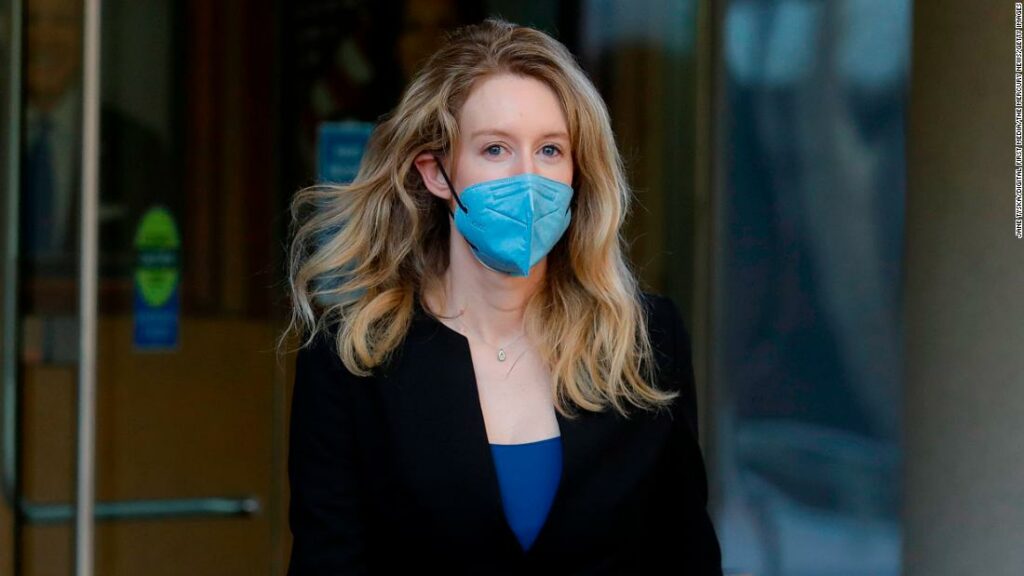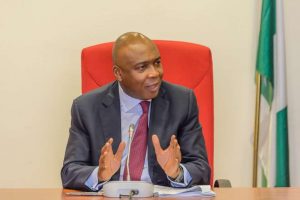What we learned this week in the trial of Elizabeth Holmes

Holmes, once hailed as the next Steve Jobs, is facing a dozen federal fraud charges over allegations that she knowingly misled investors, doctors, and patients about her company’s blood testing capabilities in order to take their money. Holmes has pleaded not guilty and faces up to 20 years in prison. Theranos was once valued at $9 billion, with investors and partners taken by the promise that its technology could efficiently test for conditions like cancer and diabetes with just a few drops of blood taken by finger stick. But once Dhawan, a dermatologist, had a different, lesser level of involvement. He testified Thursday that Theranos COO Ramesh “Sunny” Balwani — who had been a patient of his for roughly 15 years — asked him if he’d like to take on a role at Theranos as “a lab director, or a medical director” around the time Rosendorff was departing. Per an email exchange, Balwani told Dhawan “the time commitment is very minimal,” and noted that it would “be mostly an on call consulting role.” (Balwani is facing the same charges as Holmes. He has also pleaded not guilty and his trial is slated to begin early next year.)Dhawan said he did some research on Google to learn more about what Theranos did and then decided to accept the offer. He did very little work for the company, he testified, working just “five or 10” hours at Theranos between Nov, 2014 and early summer of 2015. He said he didn’t interact with any patients, doctors or Theranos employees during that time, and only visited Theranos a couple times. “I believe I went, and then I went again. And that was about it,” he said. During cross examination Friday, Holmes’ attorney pointed out that there was another contractor lab director at the time named Lynette Sawyer and questioned whether Dhawan “hadn’t really done much on an as needed basis” for Theranos because the company was relying on Sawyer. Dhawan testified: “I don’t know who they were calling.” Dhawan’s involvement ramped up slightly ahead of a September 2015 regulatory inspection. Dhawan testified he signed nearly 60 documents at the company’s request on a Saturday ahead of the inspection, which took place days later. He was in attendance for the first day of the two day inspection, he said, which was also the first time he met Holmes. Sometime shortly after, he stopped hearing from the company, he testified.”Haters are everywhere”Through witness testimonies, the government has sought to show jurors how Holmes charmed sophisticated business people but her company failed to meet its promises. At least one of the corporate executives who did business with Theranos continued to show support to Holmes after the initial damning Journal article, a point the defense tried to establish. “Haters are everywhere,” former Walgreens’ CFO Wade Miquelon said in an October 2015 email to Holmes two weeks after the article ran, according to a copy shown in the courtroom while he was being cross examined Wednesday by an attorney for Holmes. Miquelon, who left Walgreens in 2014, first met Holmes in early 2010 and helped champion the partnership, which was struck that year. Walgreens paid Theranos $100 million as part of an agreement, and made a $40 million equity investment. Despite plans to launch nationwide, Theranos testing was only ever offered in 41 stores. (In a lawsuit, Walgreens sought to recover the funds, alleging a breach of contract. The parties settled August, 2017.)In a followup In a hearing held over Zoom simultaneously with the trial, Magistrate Judge Nathanael Cousins ruled that Carreyrou should be considered an expert witness, not a fact witness and therefore can’t be barred from the courtroom. Carreyrou’s attorney said the reporter has yet to be subpoenaed. “I’m not sure he’s going to be called,” Cousins said, but stopped short of saying Holmes was acting in bad faith by including him as a witness. Either way, it won’t prevent Carreyrou from reporting for his podcast, “Bad Blood: The Final Chapter.” Cousins called the First Amendment needs “very high” in this circumstance. “This is a win for the press,” Carreyrou tweeted shortly after.Cousins also denied a motion from Holmes’ attorneys to compel Parloff to turn over interview notes in an effort to somehow prove that the reporter was biased and blamed his own errors on Holmes.



